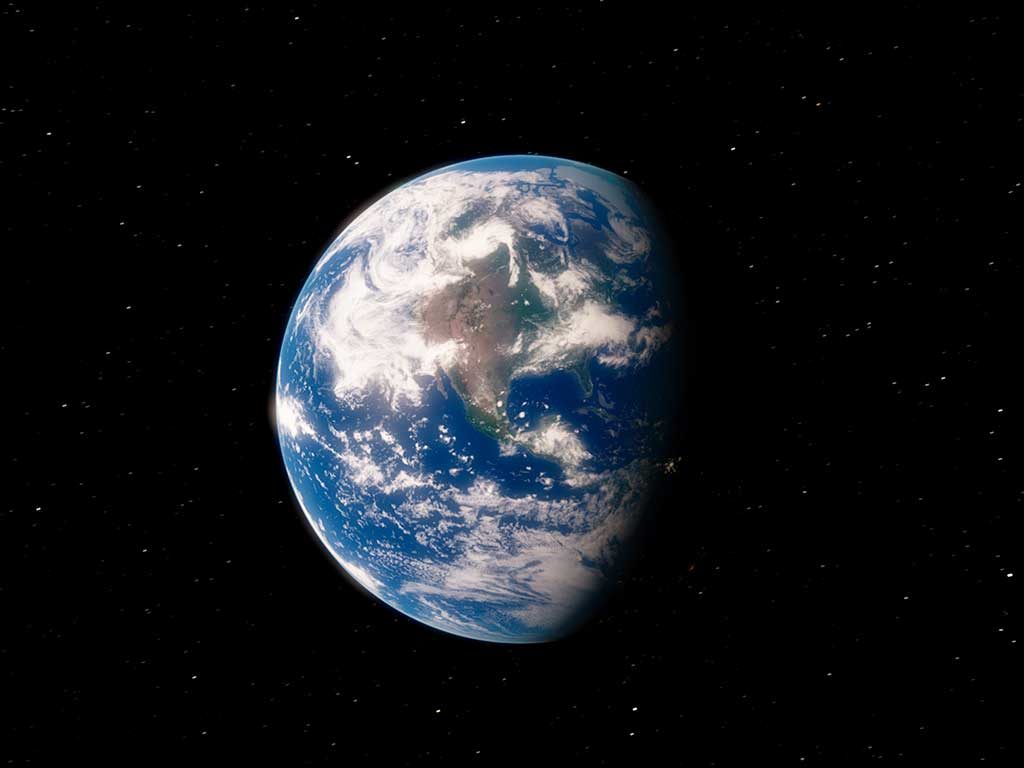
Absolutely, pandemics and climate change are connected! And the evidence is strong. As the planet heats up, animals big and small head toward the poles to get out of the heat. During this migration, they encounter one another and create new opportunities for pathogens to pass to new hosts.
Over the past few decades, the number of emerging infectious diseases—especially coronaviruses and other respiratory illnesses believed to have come from bats and birds—has skyrocketed. Experts estimate that more than 32,200 strains of coronaviruses already exist among bats.
The origins of SARS, Covid-19, Ebola, and Nipah virus epidemics can all be traced to wildlife that endure extreme climate and habitat strain. Climate warming is driving a catastrophic loss in biodiversity. This loss of biodiversity, when coupled with reckless deforestation and aggressive conversion of wildland for economic development, pushes farms and people closer to the wild. And it opens the gates for the spread of disease.
Failing to recognize the relationship between climate change and pandemics and take meaningful action against these trends will allow future pandemics to be stronger and more frequent.
BRIGHT IDEA: Notice how our health and that of wildlife connect to Mother Earth’s health.

Only 15% of the planet’s forests remain intact. As forests die, grasslands and wetlands are destroyed too. Diversity of life on earth is being lost at a rate not seen since the dinosaurs. And more than half of life on earth went extinct 65 million years ago. More than a million animal and plant species currently face extinction.
Roughly 60% of new pathogens come from animals. And roughly one-third of those can be directly attributed to changes in human land use. Climate change is even bringing old pathogens back to life. Take for example the thawing zombie contagions like the anthrax released from a frozen reindeer in 2016.
BRIGHT IDEA: See how the Green New Deal fits in.
OK, so what do we do now? One crisis at a time. Clearly, the old ways of doing things are no longer working. Change is in order and the Green New Deal may be a timely vehicle for ushering it in.
The Green New Deal resolution outlines a 10-year mobilization to achieve net-zero greenhouse gas emissions. It will also create new jobs and invest in green infrastructure. Climate policy, so often thought of as a very long-term thing, now comes sharply into focus thanks to the Covid-19 crisis. With the Green New Deal, we make the case for an immediate environmentally conscious stimulus plan to rebuild the economy.
Author’s note: Much of our content this month is thanks to an article in ProPublica by Abrahm Lustgarten (5/7/2020).
Portland Climate Action Team brings you Bright Ideas every month. During the pandemic, PCAT meets online on the fourth Thursday of the month, 6-7:30 p.m. All are welcome to join in. FMI: portlandclimateaction@gmail.com.





